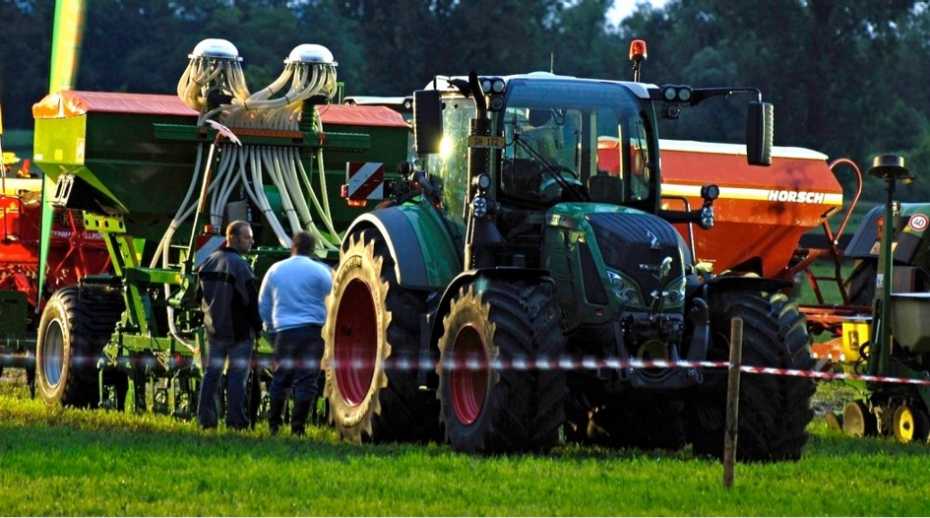Economic Instruments for Climate Change Mitigation in Swiss Agriculture

Background
Climate change mitigation in agriculture has become a central concern for policymakers and scientists. Climate Change Mitigation is also an explicit policy goal for Swiss Agriculture. In 2019, the Federal Council declared that Switzerland should reduce its greenhouse gas emissions to net zero by 2050. To achieve the net zero target, greenhouse gas emissions from agricultural production in Switzerland are to be reduced by at least 40% compared to 1990.
There are multiple policy instruments that can be used to reduce greenhouse gas emissions in agriculture. However, market-based instruments will play a key role for achieving a net zero target. Currently, subsidies for the uptake of climate friendly practices or investment support are used in Swiss agricultural policy. However, taxes and carbon prices could be a viable option to make climate mitigation financially more attractive. In addition, tradeable permits can be used to increase the cost-efficiency of climate change mitigation in the agricultural sector, and beyond. Next to governmental policies, also corporate strategies play an important role i.e., by setting standards or incentivize more climate friendly farming.
Objectives
This project will assess the economic instruments for climate change mitigation in Swiss agriculture focusing on the following research questions:
1. How can greenhouse gas emissions in Swiss agriculture be reduced effectively and efficiently, minimizing tradeoffs with other agricultural policy goals like food production, the provision of other ecosystems services, and farmers income?
2. Which economic instruments used by policy and industry can be leveraged to reduce greenhouse gas emissions under different scenarios of Swiss agriculture?
3. What is the role of behavioral factors and social interactions (e.g., in collective reduction efforts of farmers) for the efficacy and efficiency of economic instruments?
4. What are efficient policy mixes that combine both public and industry incentive schemes for farmers?
5. How can economic instruments for climate change mitigation in Swiss agriculture be embedded in scenarios of a holistic food policy framework?
The project will be based on mathematical programming approaches using existing bio-economic and agent-based models on two spatial scales. First, a regional level analysis combining a farm-level optimization model (FARMDYN) and an agent-based approach (FARMIND) allows for assessing policy and market incentives considering detailed individual farm structures as well as farmers’ behavioral factors (operating at farm to regional scale). Secondly, the agent-based sector model SWISSland simulates the effects of policy and market interventions on a national level.
The combination of modeling GHG emission reduction on two spatial levels with different data sets, and combined with synthesis of literature, allows for a methodological triangulation. This, in turn, provides a basis for a robust assessment of the impacts of economic instruments in climate change mitigation. Based on common assumptions, scenarios and GHG mitigation measures, the results of the two analyses complement each other to provide insights into barriers and trade-offs of policy measures and industry standards.
This is a joint project of the AECP group with the Research Group “Economic Modelling and Policy Analysis” at Agroscope.
Involved Persons: Prof. Dr. Robert Finger (), Marta Tarruella (PhD candidate, ), Dr. Gabi Mack (), Dr. Nadja El Benni (), Dr. Robert Huber () (main contact)
Publications:
Tarruella, M., Huber, R., Mack, G., El Benni, N., & Finger, R. (2023). Cost-effectiveness of farm- vs. regional-level climate change mitigation policies. Q Open. external page https://doi.org/10.1093/qopen/qoad022
Blogs
Protection climatique: objectifs à l’échelle de la région plutôt que de l’exploitation external page https://agrarpolitik-blog.com/2023/12/14/protection-climatique-objectifs-a-lechelle-de-la-region-plutot-que-de-lexploitation/
Funding: own funding ETH & Agroscope
Funding Period: 2022-2025